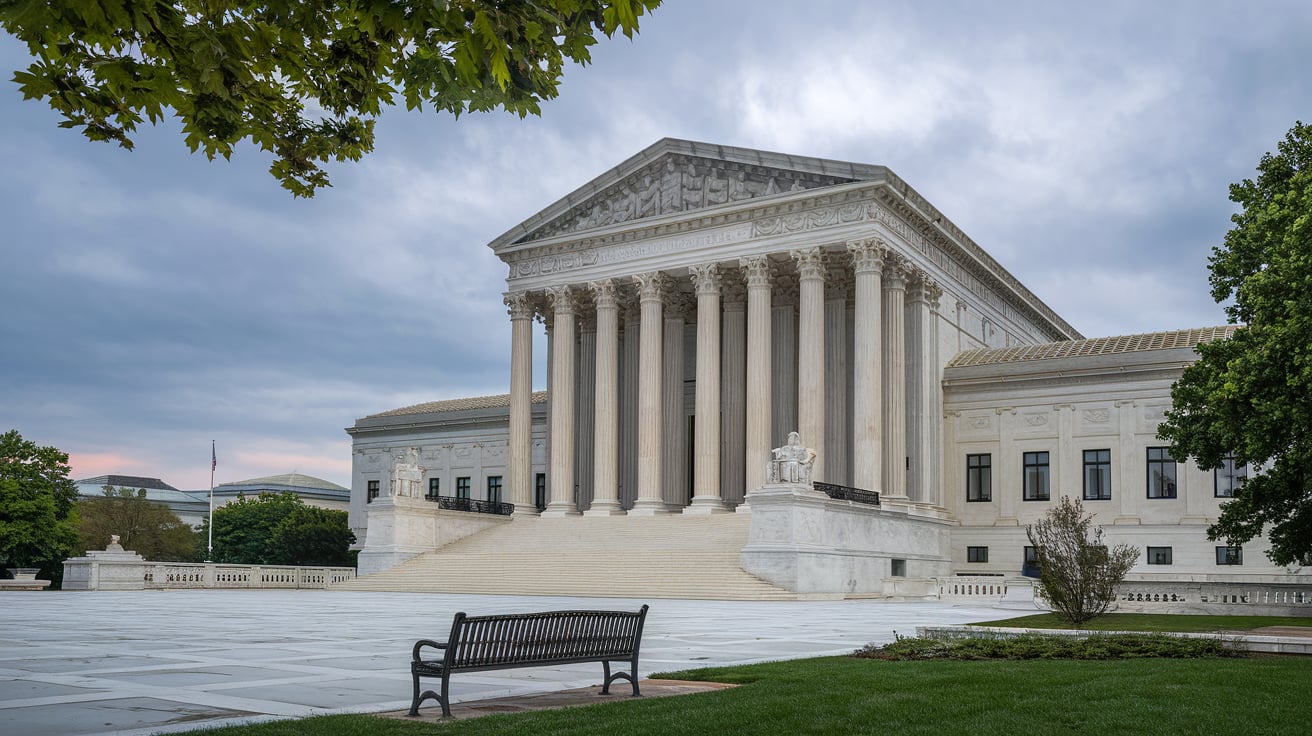Can Student Sue On Educational Institution Under the Consumer Protection Act in Pakistan?

Consumer protection laws are vital tools to safeguard the interests and rights of consumers in any society. In Pakistan, the Consumer Protection Act, 2005, provides a legal framework to address issues related to goods and services. One common question is whether educational institutions, such as schools, colleges, and universities, can be sued under this Act. In this blog post, we will explore the possibility of suing an educational institution under the Consumer Protection Act in Pakistan, supported by relevant case law.
Understanding the Consumer Protection Act:
Before discussing the applicability of the Consumer Protection Act to educational institutions, it’s essential to grasp the key provisions of the Act. The Act aims to protect consumers from unfair trade practices, deceptive marketing, and substandard goods and services. It establishes consumer protection courts and councils to address consumer complaints and disputes.
Suing an Educational Institution Under the Consumer Protection Act:
The possibility of suing an educational institution under the Consumer Protection Act in Pakistan has been a subject of debate and legal action. Here, we will examine this issue with reference to relevant case law:
**Case Law: Lahore University of Management Sciences (LUMS) v. Azmat Ullah Khan:**
In the case of Azmat Ullah Khan v. Lahore University of Management Sciences (LUMS), the Lahore High Court issued a significant ruling regarding the applicability of the Consumer Protection Act to educational institutions. The case revolved around a dispute where a student alleged that LUMS had provided substandard educational services.
The Lahore High Court held that educational institutions, including private universities, can be considered service providers under the Consumer Protection Act if they charge a fee for their services. Since LUMS charged tuition fees, it was classified as a service provider, and the Act was deemed applicable. This ruling set a precedent for the applicability of the Consumer Protection Act to educational institutions, especially those charging fees for their services.
Key Considerations:
1. Fee-Charging Educational Institutions: The applicability of the Consumer Protection Act to educational institutions is more likely when the institution charges fees for its services. This includes private schools, colleges, and universities.
2. Quality of Services: To sue an educational institution under the Act, consumers must demonstrate that they received subpar educational services that did not meet the promised quality standards.
3. Consumer Rights: The Act protects consumers’ rights, including the right to seek compensation and resolution for issues related to services, provided they can prove their case.

Based on the Azmat Ullah Khan v. LUMS case and similar rulings, it is possible to sue an educational institution, especially a fee-charging private one, under the Consumer Protection Act in Pakistan if you have legitimate complaints about the quality of educational services. The Act serves as a crucial avenue for addressing issues related to education and ensuring that consumers receive the services they pay for. However, the specific application of the Act may vary depending on the circumstances and the interpretation of the courts. If you believe you have valid grounds for a complaint against an educational institution, seeking legal counsel is advisable to navigate the Consumer Protection Act effectively and seek appropriate remedies.









